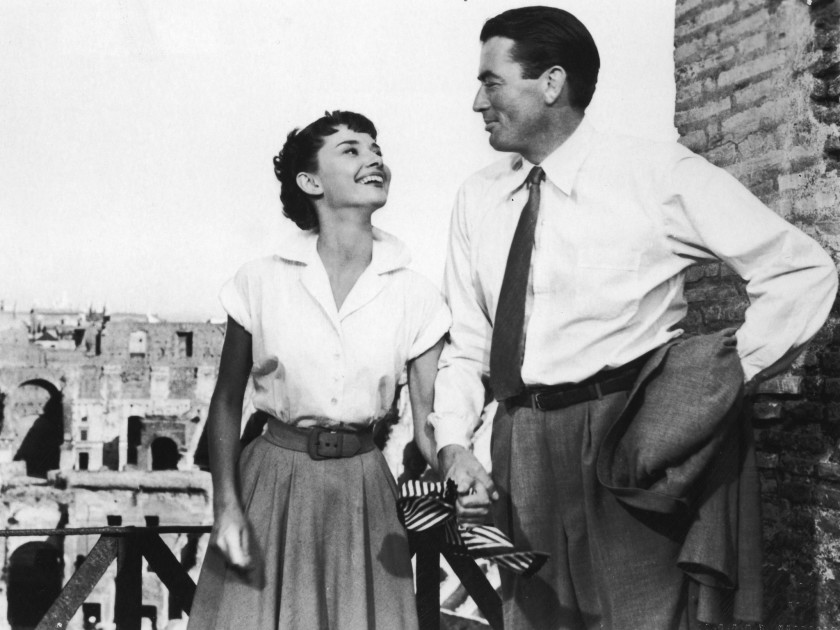Ugly
Ugly : Movie Review
5 stars out of 5 (Masterpiece)
Hindi (English subtitles available), 2014
Director : Anurag Kashyap
Written December 2014.
Anurag Kashyap’s “Ugly”, handsomely cements his position as the finest director and screenwriter working in India today. Structured and shot with focus, intensity, controlled madness and restrained style from start to finish, with no songs (thankfully) to detract from its orgiastic flow, this one-of-a-kind Hindi thriller feverishly follows the imbroglio ensuing in the aftermath of a little’s girl’s kidnapping in Mumbai. In its two hour runtime magnificently spliced by Kashyap’s old associate Aarti Bajaj, we see so many remarkable, strange and strangely remarkable scenes - the film says it is based on “actual events“- that the viewer steadily realizes that while the authorities no doubt have the power and reach to save the victim, the smokescreen that smoulders throughout this story is so strong and disorienting that the little girl will have to pull off a miraculous escape herself if she has to stand any chance of surviving this insane milieu.
The film’s biggest mistake occurs in the frames that close the story, when Kashyap having done flawless work so far, refuses to let alone Brian McOmber’s splendidly minimalist, subliminal background music and decides to drag in G.V.Prakash Kumar to provide what is supposed to be a soothing poignant requiem but actually ends up being a melodramatic gash. That apart, I only found consistent brilliance in this pikchar. After a harrowing chase, the scene that unfolds in a police station, provides ripe evidence of the story’s unhinged soul. The father Rahul Kapoor (Rahul Bhat gives a superb turn in a film packed with top-class acts) is a dangerously selfish and flawed man made more bitter by his failure to become a movie star (his failed marriage doesn’t seem to bother him too much). His mental faculties reach their nadir when he decides to leave his ten year old daughter alone in a car in the middle of a busy Mumbai street.
At the police station with his pal and B-grade movie-man Chaitanya (portrayed by Vineet Kumar Singh) in front of an uncivilized moron of an inspector, they stand forever trying to explain the situation. The uniformed cop at the station desk - doing his utmost to embody a provincial ass - bullies them, cracks inane jokes, expresses not a word of comfort, and asks a dazzling range of asinine questions - from why screen-names are different from the actors‘ born names, to why the father’s name appears on his daughter’s phone contacts.
That encounter, marked by the acutely etched behavioural nuance of multiple characters, cracker-jack dialogue and seriousness dovetailing into impossible comedy, stands as one of the greatest theatrical sequences in the history of Indian cinema. How and why this apology for a cop (essayed by Girish Kulkarni- a real-life director, apart from being a wickedly wonderful actor) suddenly turns a new leaf and becomes a smart and hard-working inspector is fascinating to witness.
The case “kicks up” when it is realized who the kidnapped girl’s step-father is - a tall, whip-cracking, smart-dressing top cop Shoumik Bose, whose strict zero-corruption stance and work ethic make his juniors jump up scared and salute him wherever he treads. Bose (a formidable Ronit Roy carrying over from the malignant father of “Udaan“) will beat the stuffing out of all the suspects, tap all the phones in town, and ransack data from the entire city’s cybercafés (this is probably the most well-staffed department in the world) in his bid to find his foster daughter.
If this film has a hero, it is him and while he easily fulfils all the strapping bracing requirements of that role, the man is so mired in unresolved conflicts that for all his detective perspicacity (they call him “Detection Saahab“ - ostensibly he belongs to the famed “Detection Crime Branch” of Mumbai police) he commits grave shortcomings in his investigative sweep, overlooking analogue diligence in favour of relentless electronic eavesdropping At home, he is passive-aggressive towards and purposely ignores his wife Shalini (Tejaswini Kolhapare). He had ‘saved' her earlier, only to bring her to the brink of suicide now. Their ephemeral conversation at the breakfast table - Shalini sitting crestfallen, and Shoumik seated erect and studiously picking it at his breakfast cereal while using the spoon to further his body language - is a hilarious synecdoche of their situation wherein he coolly rips her to shreds while maintaining the veneer of protector all along.
Meanwhile suspicion dangles heavy over Rahul and Vineet, and a whole back-stabbing collection of phone-calls for ransom, issue from those who should not be making them. This then is the morass in which ‘Ugly’s characters wallow uneasily.
For this pic’s auteur, Ugly reprises some of his recurrent stigmata - damaged relationships, dubious father figures, alcohol abuse, garish lighting and wholesale dysphoria. From its “cousin” film ‘Shaitaan’ for which Kashyap was producer, we again see the intense no-nonsense cop with a troubled marriage. But those tropes don’t stop Kashyap from jazzing up his quiver and often throwing zingers at us - it is drily laugh-worthy to see a restaurant’s “promotion” while our heroes stare at it. What the men see and get stunned at while passing through a secret police torture room is kept a wickedly winking secret, while a delirious dance in a yellow-lit room together with that scene’s unexpected ending hint at why the pic’s maker gets a screening at the Cannes Directors’ Fortnight (he got a standing ovation there at the end of the picture's screening).
And his brilliant screenplay which shuffles a La Ronde of unsavory and hapless characters, succeeds smoothly in never quite allowing us to be sure of whether the various suspects are all innocent. At one point, a carefully retrospective arrow of allegation is leveled at the serially tortured Chaitanya, and just as the viewer himself is caught unaware by this blindside, Chaintanya retaliates in an grievous fusillade of defense that had me thoroughly impressed at the trenchant and moving performance churned out by Vineet Kumar Singh - a character actor who had long struggled and is now thankful to his mentor for showcasing his talent (cf. his equally brilliant turn in the same director’s fantastic “Murabba” short).
As the twice-martyred wife Shalini, Tejaswini Kolhapure succeeds in meriting our sympathy - there is a child-like vulnerability when she is beleaguered and whispers over the phone to her husband “Mere paas bilkul paise nahin hai”(I just don’t have any money) and in the extraordinarily scripted scene where she softly gives a piece of her mind to the man looming over her.
This is a technically superior movie in every respect, with inconspicuous but faultless lensmanship by Nikos Andritsakis (who has depicted far bigger horrors ’in “Love, Sex aur Dhoka” for another elite Indian director Dibakar Banerjee). Exorcized of any commercial greed, this sophisticated street-smart thriller, with its winning ensemble acts and darkly grinning story ripe with the flavour of the modern Indian milieu, eventually uncoils as a damning indictment of across-the-board personal rot. An initially promising but eventually patronizing and childish film like ‘PK’ goes onto to become the most financially successful Indian movie ever made while the same 2014-2015 cross-over period sees a terrific film like ’Ugly” struggling to recoup its modest budget. That’s why India is still underdeveloped.
UPN
UPNWORLD welcomes your comments.










0 COMMENTS
WRITE COMMENT